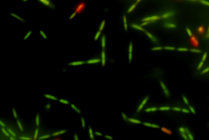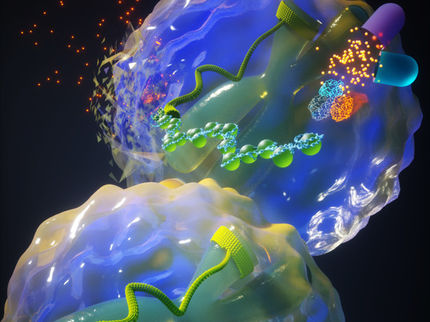Gene switch important in cancer discovered
Scientists at Karolinska Institutet in Sweden and the University of Helsinki in Finland have shown that the 'switches' that regulate the expression of genes play a major role in the development of cancer. In a study, published in Science, they have investigated a gene region that contains a particular single nucleotide variant associated with increased risk for developing colorectal and prostate cancers – and found that removing this region caused dramatic resistance to tumor formation.
Genome-wide association studies have revealed genomic regions associated with more than 200 diseases, including heart disease, diabetes and different types of cancer. The unveiled human genetic variation has attracted much attention in both scientific and popular press. However, the mechanisms by which these genomic regions act are not fully understood. One suggestion that has generated considerable interest is the possibility that the risk polymorphisms located far from genes could function as gene regulatory elements or 'switches' that regulate expression of genes.
In the current study, which was conducted in mice, scientists have analyzed one particular single nucleotide variant in a region associated with increased risk for developing colorectal and prostate cancers, but whose mechanism of action has been unclear. Although this variant increases cancer risk only by 20 per cent, it is very common and therefore accounts for more inherited cancer than any other currently known genetic variant or mutation.
The scientists removed the gene region containing the risk variant from the mouse genome, and found that as a result the mice were healthy but displayed a small decrease in the expression of a nearby cancer gene, called MYC. However, when these mice were tested for the ability to form tumours after activation of an oncogenic signal that causes colorectal cancer in humans, they showed dramatic resistance to tumor formation. The removed gene region thus appears to act as an important gene switch promoting cancer, and without it tumors develop much more rarely.
According to the scientists, these results show that although the gene variants – which make individual humans different from each other – in general have a small impact on disease development, the gene switches in which they reside can play a major role.
“Our study also highlights that growth of normal cells and cancer cells is driven by different gene switches, suggesting that further work to find ways to control the activity of such disease-specific switches could lead to novel, highly specific approaches for therapeutic intervention”, says Professor Jussi Taipale, who led the study.
Original publication
Sur, I., Hallikas, O., Vähärautio, A., Yan, J., Turunen, M., Enge, M., Taipale, M., Karhu, A., Aaltonen, L. A., and Taipale, J.; "Mice Lacking a Myc Enhancer Element that Includes Human SNP rs6983267 Are Resistant to Intestinal Tumors."; Science, 2012.
Original publication
Sur, I., Hallikas, O., Vähärautio, A., Yan, J., Turunen, M., Enge, M., Taipale, M., Karhu, A., Aaltonen, L. A., and Taipale, J.; "Mice Lacking a Myc Enhancer Element that Includes Human SNP rs6983267 Are Resistant to Intestinal Tumors."; Science, 2012.
Organizations
Other news from the department science

Get the life science industry in your inbox
By submitting this form you agree that LUMITOS AG will send you the newsletter(s) selected above by email. Your data will not be passed on to third parties. Your data will be stored and processed in accordance with our data protection regulations. LUMITOS may contact you by email for the purpose of advertising or market and opinion surveys. You can revoke your consent at any time without giving reasons to LUMITOS AG, Ernst-Augustin-Str. 2, 12489 Berlin, Germany or by e-mail at revoke@lumitos.com with effect for the future. In addition, each email contains a link to unsubscribe from the corresponding newsletter.
Most read news
More news from our other portals
Last viewed contents
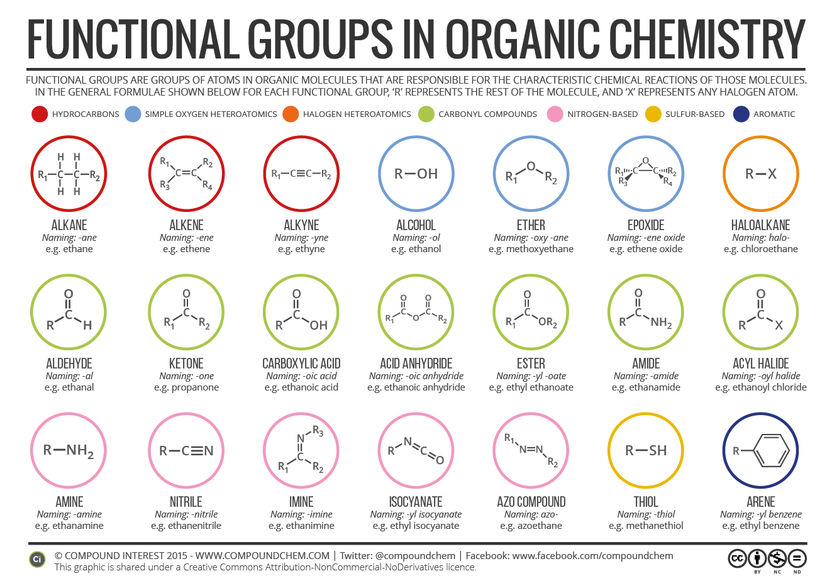
Functional Groups in Organic Compounds
New particle can track chemo
"Combination" Lyme Disease Vaccine Proteins Patented
GVK Biosciences opens new Clinical Pharmacology Unit in Ahmedabad - New facility commissioned to meet increasing business demand
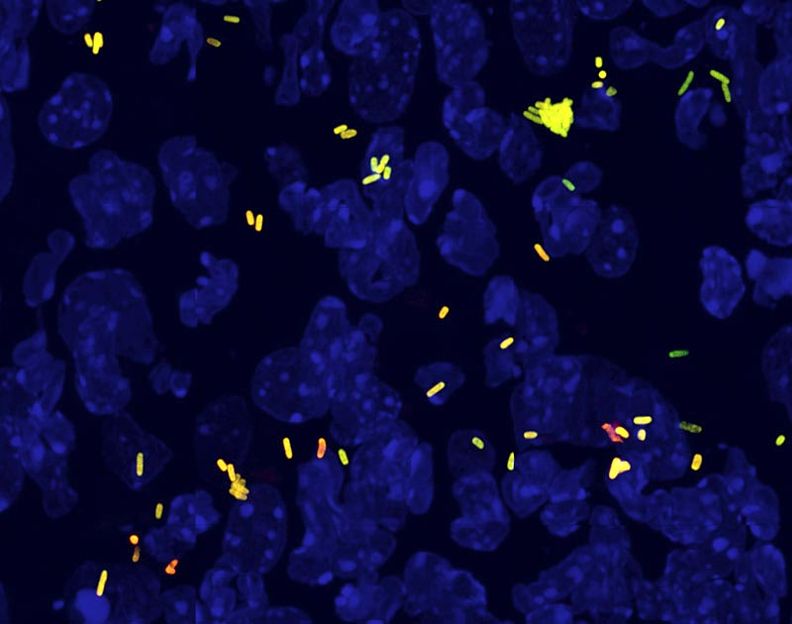
Long Antibiotic Treatments: Slowly Growing Bacteria to Blame
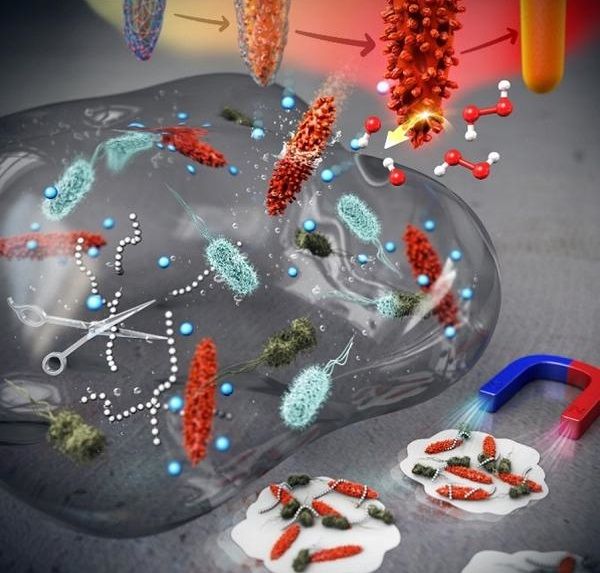
Nanocrystals that eradicate bacteria biofilm - Research team finds ways to control the surface texture of nanostructures
